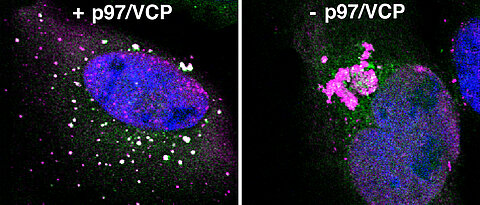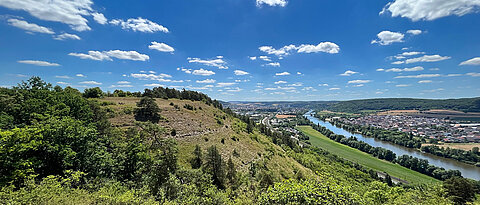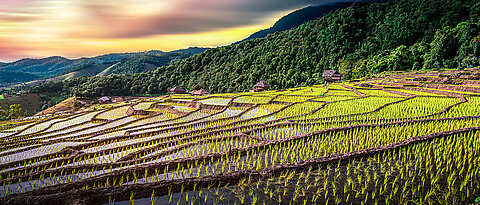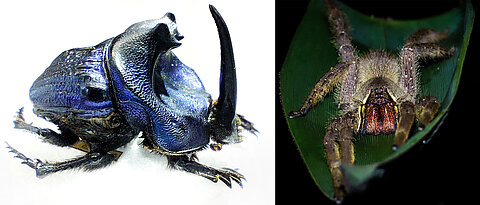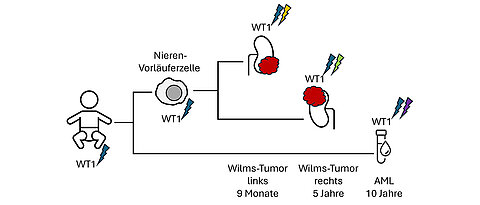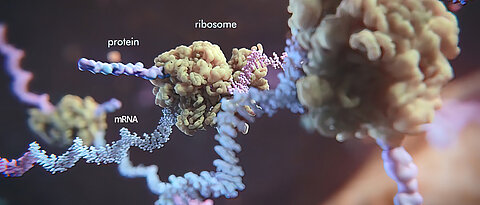Planting a Mosaic of Shrub Fringes
05/14/2025
Shrub fringes on the edges of forests and fields protect animal species and have a positive effect on biodiversity: This was reported by a research team from the University of Würzburg.
more




